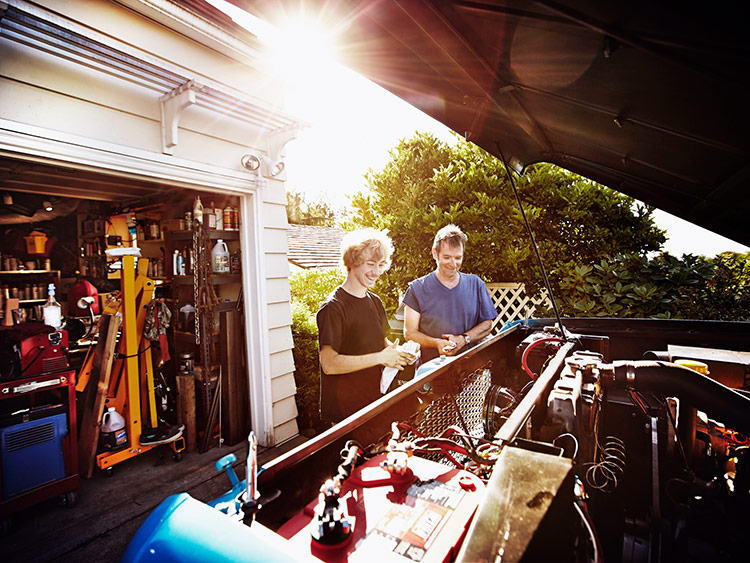
Have a valid claim on an estate that hasn’t been accounted for? One call can make all the difference.
Will disputes and contested estates
That is where Nikolovski Lawyers can help.
How can we help?
At Nikolovski Lawyers, we believe that every Australian deserves an equitable share of a loved ones deceased estate. For 25 years, our expert team of disputed wills and estates lawyers in Wollongong have proudly fought for that right.
In that time, we’ve learnt that no two clients, and no two estates are ever the same. That is why we’re committed to treating you and your claim with the care, compassion, and attention it deserves.
When do disputes typically occur?
If you have any reason to suspect that you might have been unfairly treated, or that your loved ones wishes are not adequately being met, you should always seek out our personalised advice. This is because there are many different grounds upon which a will might be disputed. The disputes we see most often usually occur when:
– The deceased estate has no will
– The deceased’s will was written under duress from another party
– The will is fraudulent or has been forged
– There is a more recent version of the deceased’s will
– The deceased estate is being improperly distributed by the executor
Contact our team on (02) 4227 6833, or email admin@nikolovskilawyers.com.au to speak to one of our property and estates lawyers today.
Who is eligible to make a claim?
In order to make a claim under the Succession Act 2006 (NSW), you must meet the following criteria:
1. Your claim must be lodged within 12 months of the date of death;
2. You must be either:
a. The wife or husband of the deceased person at the time of death;
b. A person with whom the deceased person was living in a de facto relationship at the time of death;
c. A child of the deceased person;
d. A former wife or husband of the deceased person;
e. A person:
i. Who was, at any particular time, wholly or partly dependent on the deceased person, and;
ii. Who is a grandchild of the deceased person or was, at that particular time or at any other time, a member of the household of which the deceased person was a member;
f. A person with whom the deceased person was living in a close personal relationship at the time of death.
We cover all areas of Property Law

Ask about a consultation
Ask about a consultation
Get in touch to request a consultation with one of our expert property lawyers for guidance. We can discuss your legal obligations, as well as an overview of how to best approach your individual situation.
Employment Lawyer
Do you have a passion for defending our rights at work? We’re looking for an experienced employment lawyer to join our team!


 Call
Call